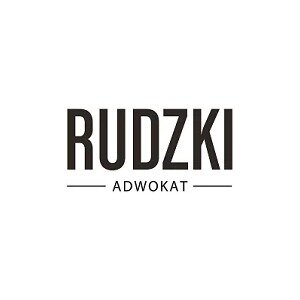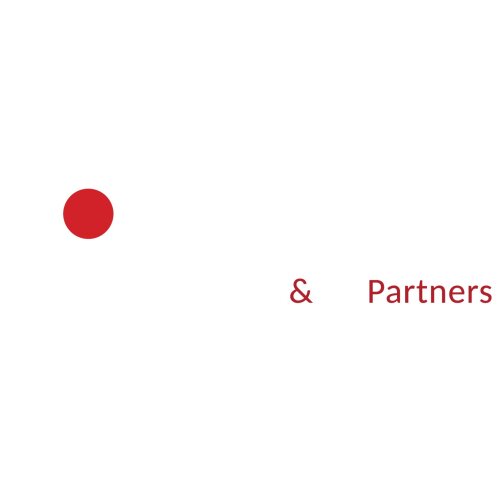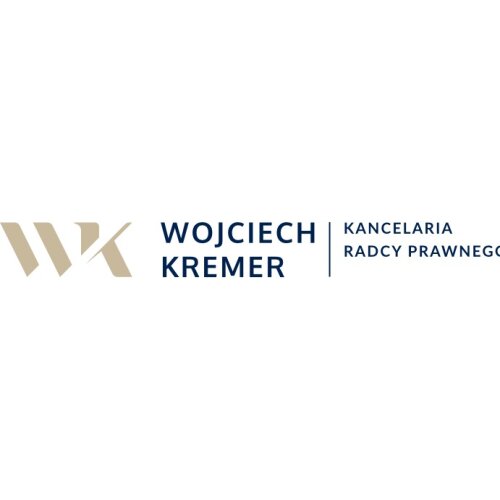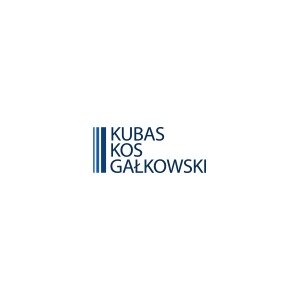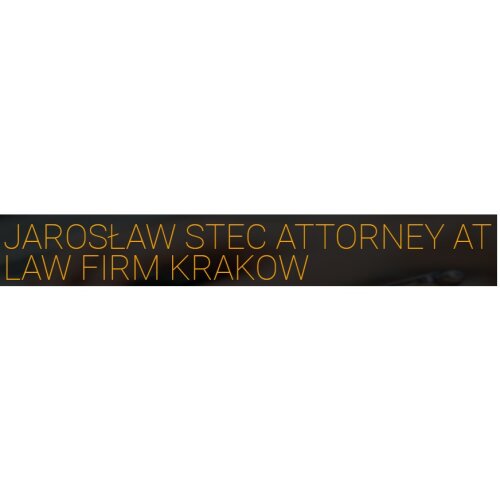Best Antitrust Litigation Lawyers in Krakow
Share your needs with us, get contacted by law firms.
Free. Takes 2 min.
List of the best lawyers in Krakow, Poland
About Antitrust Litigation Law in Krakow, Poland
Antitrust litigation in Krakow, Poland, revolves around laws and regulations designed to protect competition and prevent unfair business practices. This branch of law deals with issues such as monopolistic conduct, price fixing, market sharing, abuse of dominant position, and illegal mergers. The main goal is to ensure a fair, open, and competitive market that benefits both businesses and consumers. In Poland, antitrust law is enforced both nationally and at the European Union level, affecting companies operating in Krakow whether they are local enterprises or international corporations.
Why You May Need a Lawyer
Antitrust litigation is a specialized and complex field. There are several situations where individuals or businesses in Krakow may require legal assistance:
- Facing investigation by the Office of Competition and Consumer Protection for suspected anticompetitive practices
- Being a party to alleged cartel arrangements or collusion accusations
- Suffering from abuse of dominant position by a competitor or supplier
- Dealing with merger or acquisition activities that require approval from regulatory bodies
- Defending against fines or sanctions imposed for breaching antitrust laws
- Pursuing damages for losses caused by restrictive practices of other businesses
- Seeking advice on compliance with competition regulations and risk mitigation
- Responding to requests or inspections from authorities (so-called dawn raids)
A lawyer experienced in antitrust litigation can help navigate investigations, represent clients in court or before regulatory bodies, develop legal strategies, and ensure compliance with both Polish and EU competition laws.
Local Laws Overview
Antitrust litigation in Krakow falls under the Polish Act on Competition and Consumer Protection, closely aligned with EU competition law. Key aspects relevant to Krakow include:
- Prohibition of agreements that restrict competition, such as price fixing, bid rigging, or market allocation
- Ban on the abuse of a dominant position in the market, which includes predatory pricing, refusal to supply, or imposing unfair terms
- Requirement for notification and approval of certain mergers and acquisitions to prevent market concentration that harms competition
- Rights for individuals and companies to seek compensation through civil courts if they suffer losses due to anticompetitive conduct
- Powers of the Office of Competition and Consumer Protection (UOKiK) to conduct investigations, impose fines, and order remedial measures
- Application of European Union competition rules in parallel with national regulations, especially for cross-border cases
In Krakow, as in the rest of Poland, authorities may conduct sudden inspections, collect evidence, and require businesses to provide information. Penalties for breaching antitrust law can include hefty fines, nullification of agreements, or even criminal liability in certain cases.
Frequently Asked Questions
What is antitrust litigation?
Antitrust litigation refers to legal proceedings involving disputes or enforcement actions under competition law. It covers cases against companies accused of unfair competition practices as well as claims made by affected businesses or consumers.
Who enforces antitrust laws in Krakow?
The main enforcement body in Poland is the Office of Competition and Consumer Protection (Urząd Ochrony Konkurencji i Konsumentów, UOKiK), which has a regional presence and jurisdiction over cases in Krakow.
Can individuals or small businesses bring antitrust claims?
Yes, individuals, small businesses, and large corporations can pursue damages or file complaints if they are affected by anticompetitive behavior.
What are common forms of prohibited conduct?
Common violations include price fixing, market sharing, bid rigging, abuse of a dominant position, and illegal mergers.
How serious are the penalties for breaching antitrust laws?
Penalties can be severe and may include fines up to 10 percent of a company's annual turnover, nullification of contracts, and in some cases, personal liability for managers.
What should I do if my business is subject to a dawn raid?
You should immediately contact an antitrust lawyer, cooperate with authorities while being aware of your rights, and secure privileged documents.
How long do antitrust cases typically take to resolve?
The timeline can vary greatly depending on case complexity, but investigations and court proceedings may last from several months to several years.
Can Polish antitrust law apply to international businesses or cases?
Yes, if the anticompetitive conduct affects the Polish market, local laws may apply even if the business is based abroad. EU competition laws may also be relevant.
Do all mergers need antitrust approval?
No, only mergers exceeding certain size or market share thresholds require notification and approval from UOKiK or, in some cases, the European Commission.
How can I ensure my business is compliant with antitrust regulations?
Regular compliance training, internal audits, and seeking legal advice from an antitrust specialist are the best ways to ensure ongoing compliance.
Additional Resources
The following organizations and resources are valuable for those seeking information or support regarding antitrust litigation in Krakow:
- Office of Competition and Consumer Protection (UOKiK) - main governmental enforcement agency
- Krakow Regional Court (Sąd Okręgowy w Krakowie) - handles civil litigation, including competition law disputes
- Local Bar Associations - directories of qualified competition law specialists
- Chambers of Commerce - often provide guidance and access to legal expertise
- Legal aid centers - for those needing preliminary guidance or assessment
Next Steps
If you believe you are involved in an antitrust issue or require guidance, the first step is to consult with a qualified lawyer specializing in antitrust litigation. Prepare any relevant documents such as business contracts, correspondence, evidence of alleged anticompetitive conduct, or notifications from authorities. Arrange an initial consultation to assess your situation. Your lawyer can evaluate risks, suggest strategies, and represent you in dealings with regulatory bodies or the courts. Always act promptly, especially if facing an investigation or a dawn raid, as timely legal advice can make a significant difference in the outcome of your case.
Lawzana helps you find the best lawyers and law firms in Krakow through a curated and pre-screened list of qualified legal professionals. Our platform offers rankings and detailed profiles of attorneys and law firms, allowing you to compare based on practice areas, including Antitrust Litigation, experience, and client feedback.
Each profile includes a description of the firm's areas of practice, client reviews, team members and partners, year of establishment, spoken languages, office locations, contact information, social media presence, and any published articles or resources. Most firms on our platform speak English and are experienced in both local and international legal matters.
Get a quote from top-rated law firms in Krakow, Poland — quickly, securely, and without unnecessary hassle.
Disclaimer:
The information provided on this page is for general informational purposes only and does not constitute legal advice. While we strive to ensure the accuracy and relevance of the content, legal information may change over time, and interpretations of the law can vary. You should always consult with a qualified legal professional for advice specific to your situation.
We disclaim all liability for actions taken or not taken based on the content of this page. If you believe any information is incorrect or outdated, please contact us, and we will review and update it where appropriate.



